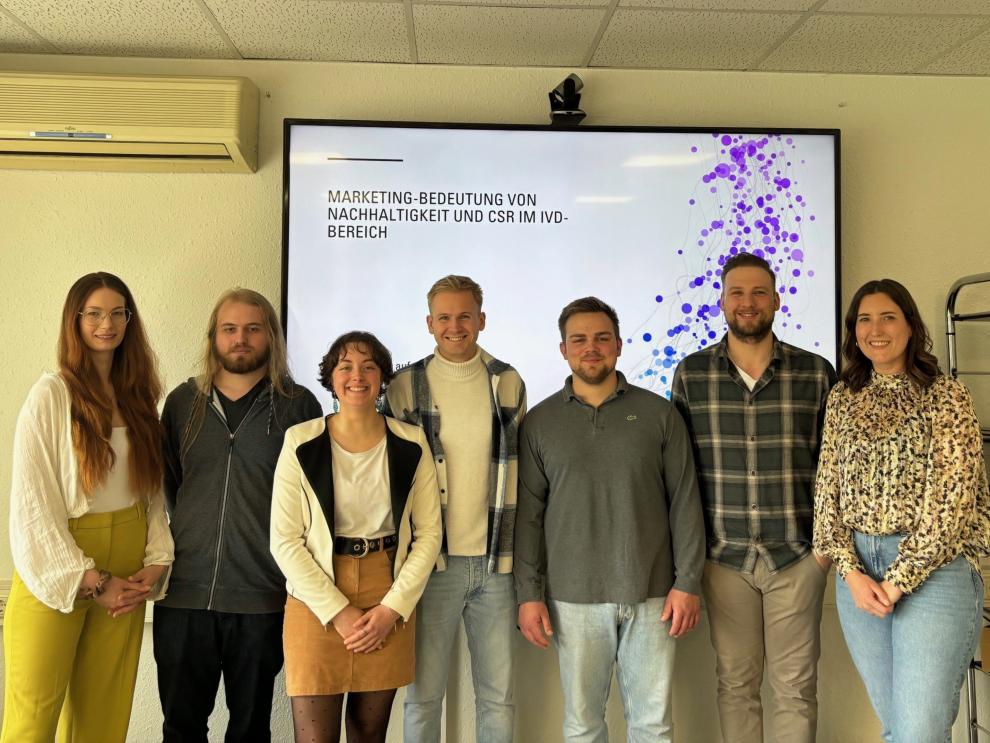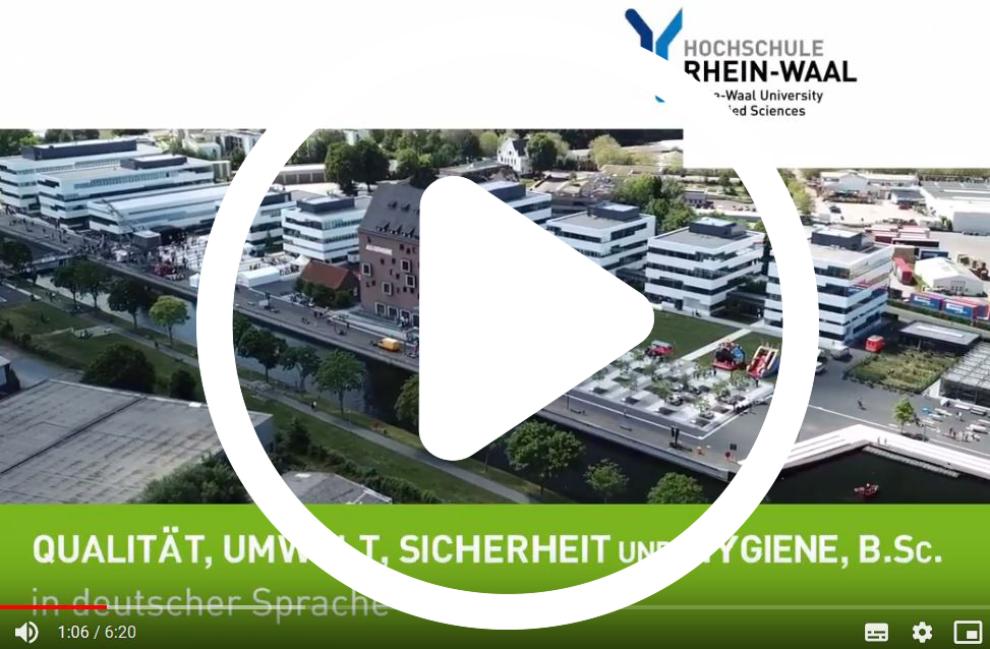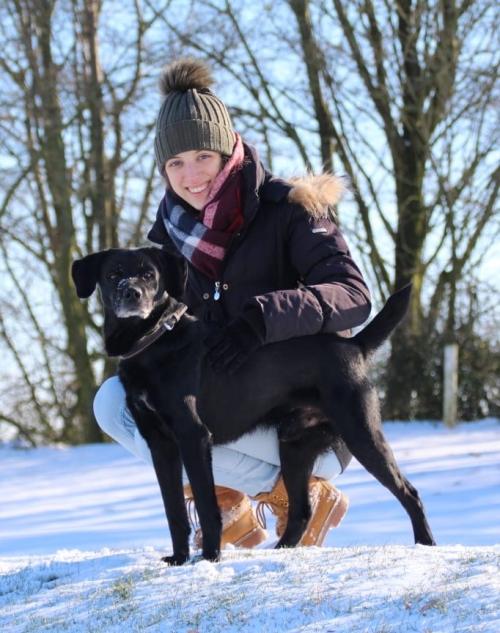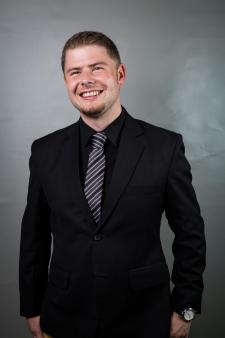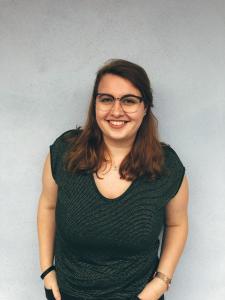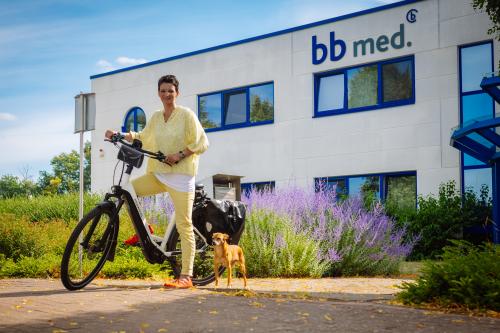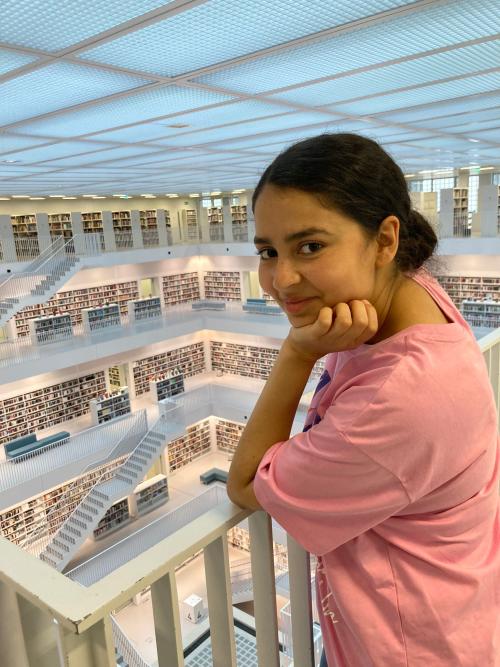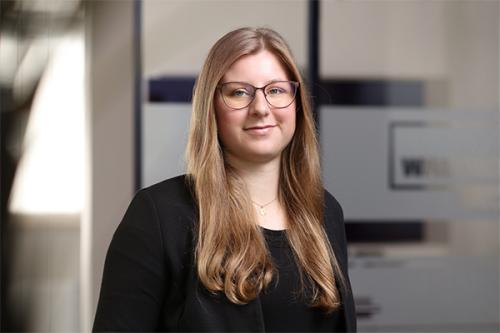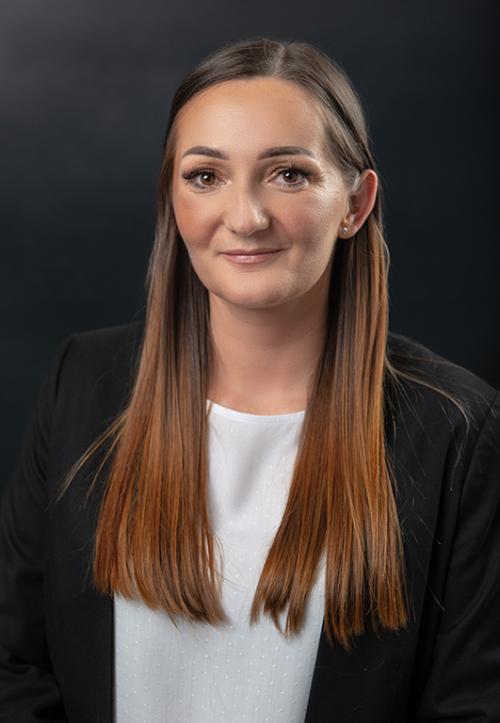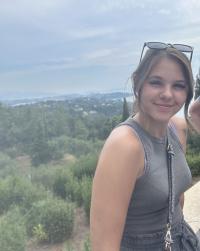Quality, Environment, Safety and Hygiene*
Why should you study Quality, Environment, Safety and Hygiene?
In a world shaped by market dynamics and competition, companies face the challenge of meeting the growing demands of customers for resource-efficient and sustainable production, high safety standards, and advanced environmental practices. The need for qualified, innovative, and creative young professionals who are ready to take on these complex challenges is continuously growing.
The Bachelor's degree program in Quality, Environment, Safety and Hygiene, B. Sc. addresses these developments and combines a solid scientific foundation with specialized expertise and legal qualifications in the mentioned areas. Management and communication skills are a focus to prepare graduates for a successful career that enables not only professional commitment but also personal satisfaction and quality of life.
The interdisciplinary program opens the way to various industries and allows for quick integration into different professional environments. With a flexible study model that includes full-time and part-time options, as well as a variety of elective modules and additional qualifications, the program supports students in deepening their knowledge and shaping their career paths according to individual preferences and goals. All our graduates are therefore very well equipped to succeed in a dynamic professional environment. The program can be studied full-time or part-time.
What makes our degree program special?
✅ Practical relevance: Practical projects, excursions, corporate collaborations, practical/international semester, lecturers from the field.
✅ Focus on future topics: Sustainability, energy, ecology, health, resource efficiency, internationality.
✅ Diverse career opportunities: Perfect preparation for a career or a subsequent Master's degree.
✅ Interdisciplinary approaches: Combination of quality management, environmental protection, occupational safety, hygiene and sustainability, communication, marketing, personnel management.
✅ Specialization options: Further development through various major subjects according to inclination and interest.
Course Structure
📌 1st–2nd Semester: Scientific Fundamentals & Management
- Fundamentals of Quality Management, Environment and Environmental Protection
- Chemistry, Biology, Ecology & Physics
- Mathematics, Statistics, Law and Business Management
- Communication, Marketing & International Project Management
📌 3rd–5th Semester: Specialization in Management Systems & Safety
- Integrated Management Systems & Auditing
- Personnel Management, Conflict Management & Occupational Safety
- Environmental Chemistry, Hazardous Materials & Emergency Management
- Safety Engineering & Tasks for Representatives
- Elective modules and practical projects
🌍 6th Semester: Practical or International Study
- Practical semester or semester abroad (min. 20 weeks)
- Application and expansion of your skills in the professional field
🎓 7th Semester: Academic Work & Graduation
- Advanced elective modules
- Bachelor thesis & colloquium
📝 Admission Requirements
📜 School leaving certificate: Abitur, Fachabitur or an equivalent recognized qualification.
🗣️ Language skills: German language skills (language certificate Level B2).
🛠️ Internship: Proof of an eight-week basic internship (by the time of re-registration for the 4th semester).
Further details in the Framework Examination Regulations and Examination Regulations for the Bachelor's degree program in Quality, Environment, Safety and Hygiene.
📅 Application
You can find current information on the application procedure, deadlines, and modalities on the university's website. The application deadline for the winter semester is August 31st. The degree program is suitable for part-time study in accordance with §62a Paragraph 2 HG NRW.
💼 Career Fields and Future Prospects
- Development and implementation of sustainability strategies
- Improvement of product quality and product safety
- Optimization of the working environment
- Reduction of environmental pollution
- Measures for environmental protection and energy efficiency
- Optimization of occupational safety
- Improvement of hygiene
You will be active:
🏢 in companies of any industry, in the public sector, in associations, consultancies, engineering firms, research institutions.
You will work as:
👩💼 managers, project leaders, specialists, consultants, developers, planners.
Specifically, our graduates work for example:
🏭 in production, sales, controlling, logistics, marketing, development, consulting, and the public sector.
💬 Experiences of our graduates
Isabella Lafferty, B.Sc.
Project Manager Sustainability and Hygiene
Why did you decide to study Q.U.S.H. at Rhine-Waal University of Applied Sciences?
I completed my vocational baccalaureate at the vocational college in Kleve, and we had a career information day. There, we received a flyer from Rhine-Waal University of Applied Sciences, and in it, I discovered the Q.U.S.H. degree program. Since I did my vocational baccalaureate in Health and Social Services, it was a very good fit for me. I was particularly attracted to the environmental field, and then I decided on the degree program pretty quickly. I had previously taken a test at the Federal Employment Agency to see which field of study might suit me, and the result was that I am an all-rounder with many interests. Since Q.U.S.H. is so broadly based, it was just a perfect fit.
Simon Schott, B.Sc.
Assistant Chief Supply Chain Officer
What should prospective students know when they decide on this Bachelor's degree program?
As a postgraduate program, Q.U.S.H. is better suited than many other degree programs, and I have never regretted choosing this program. An incredible advantage of Q.U.S.H. is, on the one hand, that the breadth of topics helps when you are in a company where you can develop beyond the individual areas.
Alina Richter, B.Sc.
What skills did you acquire during your studies that you can use well in your job today?
During my studies, it quickly became clear to me that many challenges or problems can only be solved by thinking in an interdisciplinary way and functioning as a team. Not everyone can know everything, and it doesn't hurt to ask others for their assessments – you often get to know many different perspectives and can use them well for yourself.
What would you like to share with our current and prospective students?
Ruthlessly exploit all the opportunities that the university offers within the framework of a degree program with regard to practical experience and the application of acquired knowledge!
From my current perspective (and the retrospective experience as a student), this includes not only internships and jobs but also the courses on key qualifications. It is important to know your personal weaknesses and to strengthen your potential.
Ilham Romdhani, B.Sc.
What skills did you acquire during your studies that you can use well in your job today?
Analytical thinking and conflict management are essential in our fields of work, as we are regularly confronted with conflict situations, be it in the case of work accidents or violations of environmental regulations. In such situations, it is extremely helpful that we were taught a basic competence in conflict management during our studies. How do I deal with my colleagues? How can I assert myself as a staff position? And above all: how do I communicate in a solution-oriented way? I am very grateful that these topics were not neglected during the studies.
How did your career progress after graduating in 2017?
I completed both my practical semester and my bachelor thesis at WALTHER Faltsysteme. By the way, I got to know the company during a "speed dating" event organized by Rhine-Waal University of Applied Sciences. Companies from the region and students have 10 minutes to introduce themselves and get to know each other. And it was a match - I am still employed at the WALTHER Folding Box Group today!
Zuzanna Krosny, B.Sc.
How did your career progress after graduation?
I was employed in quality management at Mera during my studies. The Q.U.S.H. degree program provided me with diverse qualifications that convinced my employer even during my studies.
Natalia Motyka, B.Sc.
Quality Representative in the Field
What advice would you give to current or future students?
I would always recommend future students or prospective students to give it a try because you have nothing to lose and can only gain experience. I would advise current students to always believe in themselves and not to despair. A degree always presents challenges, but they are surmountable. The program has so much to offer and opens up many different opportunities in professional life.
🤝 We are here for you!
If you have any questions about the study program, course planning, or content-related aspects, do not hesitate to contact us.
Quicklinks
Information
Place of study
Campus Kleve
Start date
Winter semester
Language
German
Duration of study
7 semesters of full-time study
Study model
Full-time or part-time degree programme
Degree awarded
Bachelor of Science
Internship
Mandatory 8-week preparatory internship/work placement. This must be completed no later than the 4th semester enrolment deadline.
Restricted admission
No
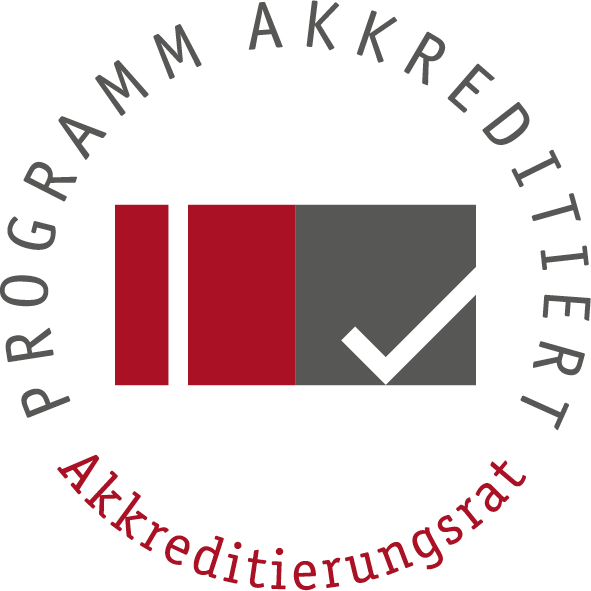
Student Advisory Service
Phone: +49 (0)2821-80673-360
studienberatung@hochschule-rhein-waal.de
Academic Advising for this Degree
head of study programme
Professor Dr.-Ing.
Rudolf Schumachers
Phone: +49 (0)2821-80673-215
or by email: Rudolf Schumachers

